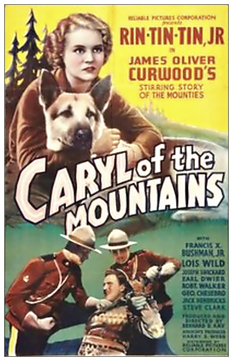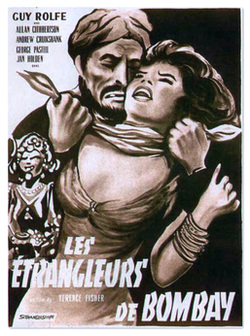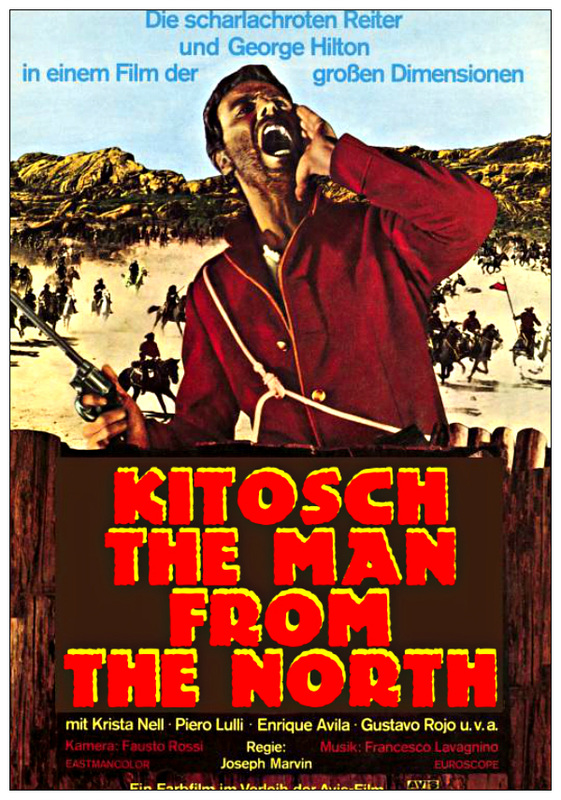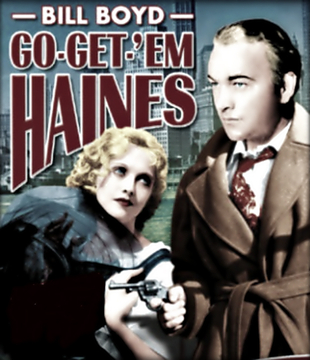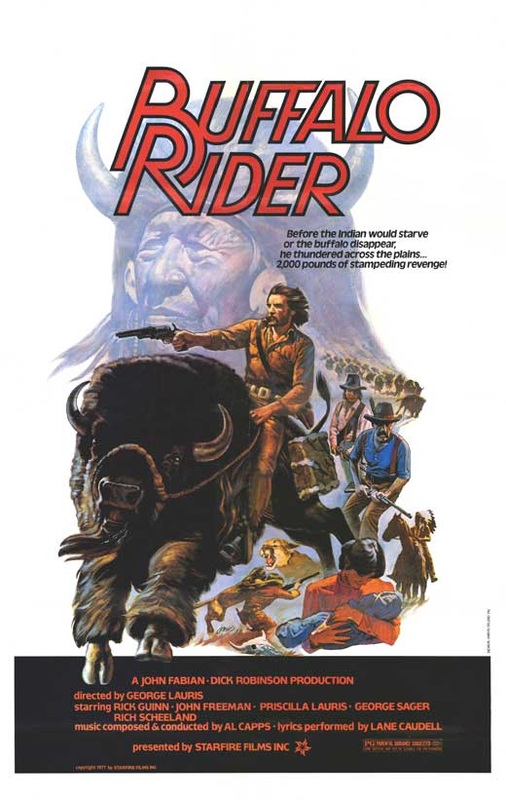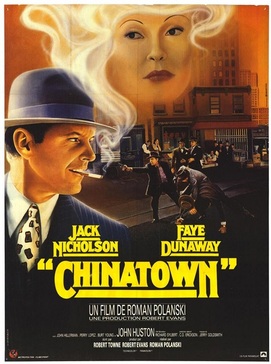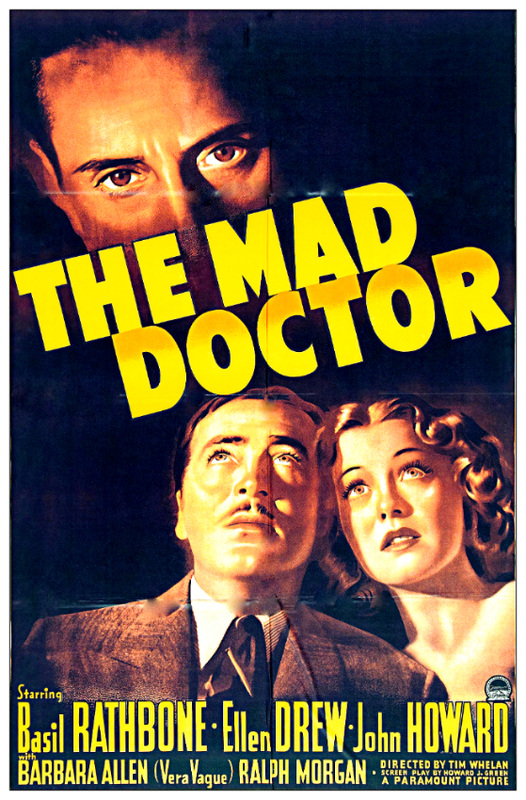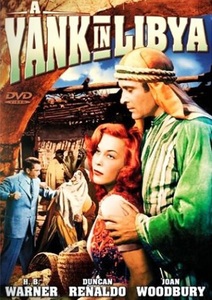
Following several leads, Malone discovers the presence of a Nazi named Yusef Streyter, disguised as a Czech merchant. Streyter has his diabolical hooks in the power-mad Ibrahim, the second-in-command of the righteous Sheikh David (played charmingly by Duncan Reynaldo, the actor best known for playing the Mexican hero the Cisco Kid on TV and radio. Incidentally, the director here, Albert Herman, ended up directing Reynaldo on the Cisco Kid TV series). The devious Nazi, of course, working to convince Ibrahim to back-stab his leader and take control. Malone gets wind of this scheme and enlists friend Philip in the great game. In the process, Malone meets a Brooklyn-born grifter in the form of Parkyarkarkas (generally spelled "Parkyakarkas", the extra "r" added in the credits of this film, was the real life pseudonym of Jewish radio comedian Harry Einstein, known for his work on the Eddie Cantor show and his own radio comedy, MEET ME AT PARKY'S. He is the father of both Super Dave Osborne and Albert Brooks), living undercover as the slapstick "Arab" razor-salesman/horse thief, "Suleiman Abdullah Hasan ben Stinko ben broke...also ben Eastside, ben Westside, ben all over". He's a big cartoon of a man, but a sly one...a man of many secrets. Surprisingly, Parkyarkarkas becomes not only a sidekick, but a valuable ally in the story.
Thus the action begins!
I was transfixed.
I listened to that record over and over, and with the transliteration I learned (sort of) how to recite along with it. I had no idea what it was, but I knew that it was me, and I was it. A couple years later I got a National Geographic magazine about Mecca (Nov. 1978, I believe), which had Muslims circling the Kaba. I told my mom, "I want to do that". From then on, I was on a lifelong path to what I have now; the most inner peace that I have ever known. Along the way I watched movies. I read comic books. I saw cartoons, I listened to radio shows. In all of these things were many western-centric tales of the "mystical East", with manly, stiff-upper-lipped white men braving the dangers of foreign lands. They were like orientalist cowboy movies. I was in the odd position of both admiring the (usually British) hero, and rooting for the Arab, Indian, Chinese, Japanese, Afghan, & generic stereotyped orientals. Though one could make a credible argument that these things are deeply racist at their core, and this kind of thing really has no relation to Islam at all (there are actually fewer Muslims in the Arab counties than in, say, Indonesia), I'm still a little soft for them.
In the remote past, these were blurry windows into my heart, and eventually my future.
That said, I thoroughly enjoyed A YANK IN LIBYA, and though it had a great many stereotypical elements (common to B-type pictures, whatever the subject), it wasn't thoroughly off the deep end. In a way, this one was a cut above many that I've seen. It had a pretty snappy script (Malone: "The greatest story I ever tripped over in my life, and she tries to fizzle it right in my kisser"), and some shockingly sympathetic views, although admittedly tempered with liberal doses of neo-Victorian paternalism.
A few cases in point are in order.
For the Arab tribes in the film, under the thumb of the British, it was implied that their disaffection and chafing at this yoke was justifiable. It seemed understood that this was the kind of situation that could make them vulnerable to manipulation from the outside, using a more zealous minority to stir up the already heated emotions of the locals. The leader, Sheikh David, is considered righteous and fair, and in this film, the Arabs have to be tricked, and behind the back of this pious and fair Muslim! He even courts the white woman, to which nobody (including the lady herself), even bats an eye! Relative to expectation, the writers give him a SHOCKINGLY open-minded monologue in an appreciated, but ultimately failed attempt to convince her into matrimony:
"Are we not true believers? Is not your prophet, as well as my prophet, just and righteous? Are we not supposed to learn piety and humbleness out of good books, your Bible and my Quran? Nancy, so differently expressed, our philosophies of life are fundamentally identical."
It's quite a statement for a film from the Evangelical fundamentalist America of WWII.
Of course, there are the usual awkwardly stiff themes for these things. There's the exotic, "sexually generous" belly dancer, the wild-eyed Arab, and all sorts of silly exclamations and oaths: "By the beard of the prophet" (P.B.U.H.) is a common one, and things like, "Unbelieving dog! may your father never cease his barking!". Yep, silly. Also, in the end, once the Nazi and his tribal minion are put down, the "good" Arab shows how "good" he is by surrendering the German guns, gratefully and happily re-submitting to the "benevolent" British yoke. From a historical perspective, it's LAWRENCE OF ARABIA in pulp fiction form, with the noble British conspiring to hold onto Arab lands, using whatever means necessary to keep things under control, including espionage.
For their own good, old chap, wot?.
In 1942 there were a mere few years to Indian independence, and the war would weaken England to a point where the empire would soon die, leaving all these previously conquered lands without a modern history of independent governance. What we see in these regions today is a direct result of this irresponsible abandonment, with the extreme elements, just as in this film, left to ravage their lands unchecked, leading to the unchallenged establishment of bought-and-paid-for dictatorships across the so-called "east".
It's a clear truth, currently much ignored.
From a literary vantage point, A YANK IN LIBYA is pure John Buchan. Buchan's 1916 novel GREENMANTLE is very much this story, with hero Richard Hannay also trying to prevent the Germans (during WWI) from whipping the Arabs into revolt. Malone's pal Phillip has a doppelganger in the book, in the form of Hannay's own pal, the adventurer Sandy Arbuthnot. I imagine this movie as a sort of cliffhanger serial version of a Buchan adventure, but spliced into one tight, action-packed narrative. As a voracious reader of pulps, and a study of this sort of thing, I was pleased with the overall product. It was good-humoured, serious when it needed to be, with an above-average script for a programmer. The acting was solid and lively, as well. The baddies were appropriately bad, the good guys were dashing and brave, and the newsman Mike Malone was exactly as cynical and "reporter-ish" as he ought to have been.
With good pulp scenery and a sense of the mythical "exotic East", it's a really fun adventure! The cast is very colourful, and I honestly wish they had made more of this kind of thing together.
Notes:
Arabic use: Minimal, limited to a few terms, including "assalaamu alaykum", and its response, "wa laykum Salaam". Though these were (surprisingly) properly used and pronounced, others, such as the term "Sheikh" was not; everyone, including the "Arab" characters, pronounced it "Sheek", instead of the proper "Shey-kh". Not a big deal, as that's still a common mispronunciation. There is only the occasional written Arabic, but it's complete gibberish, written by the studio art department, "in the style of".
Music: Though an actual Arabic band is shown onscreen, the music is the typical nonsense "middle-eastern" gobbledygook, with "clop-clop" wooden block sounds imitating camel steps, and "hoochie-koochie"-type flute licks.
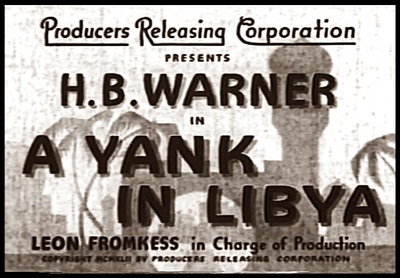
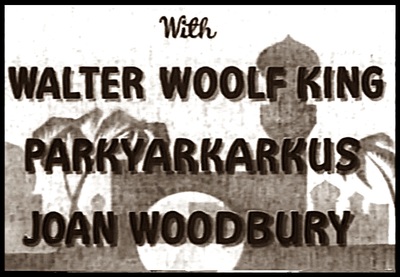
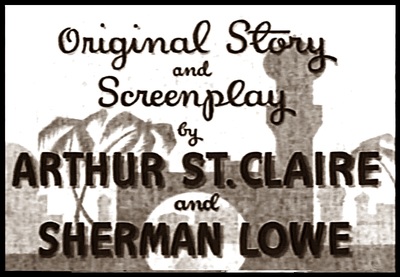
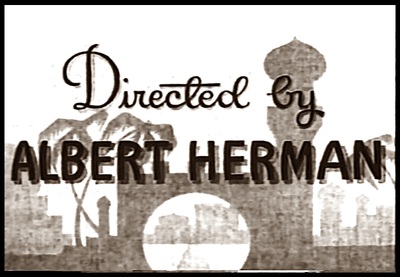
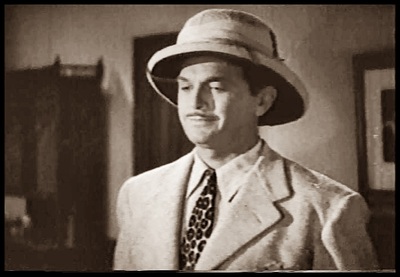
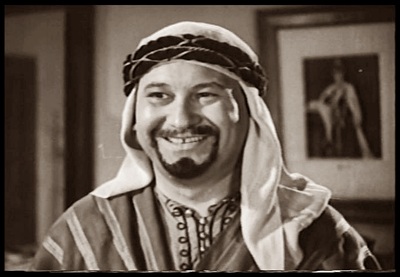
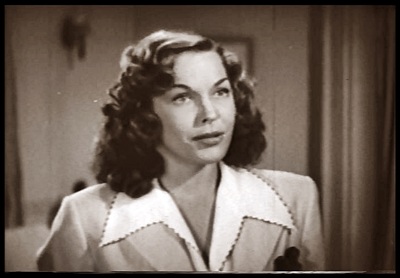
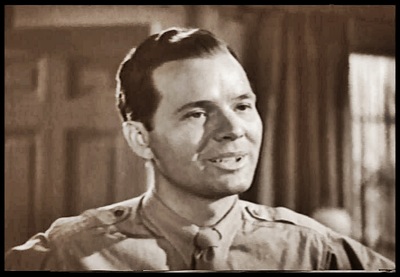
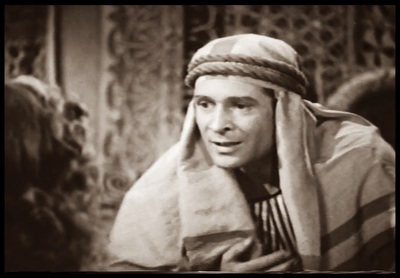
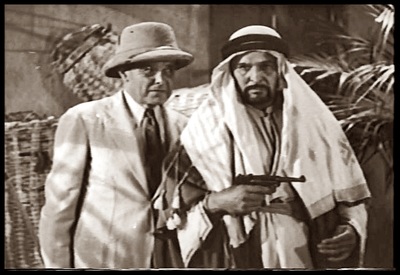
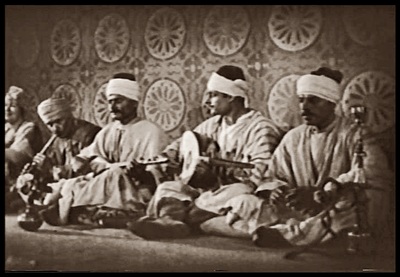
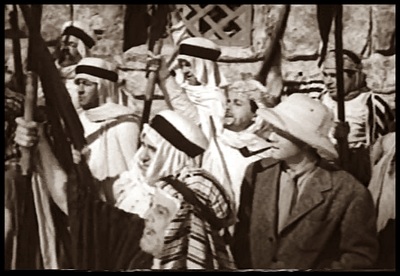
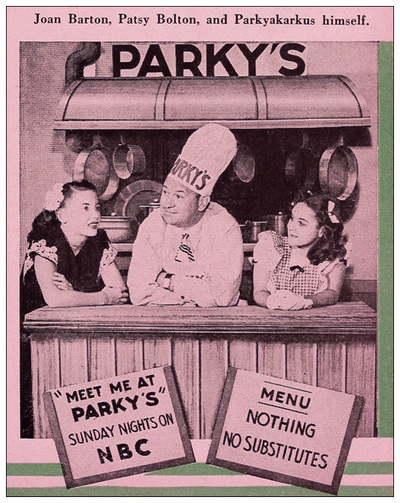
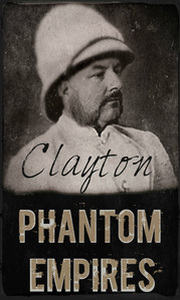
 RSS Feed
RSS Feed
